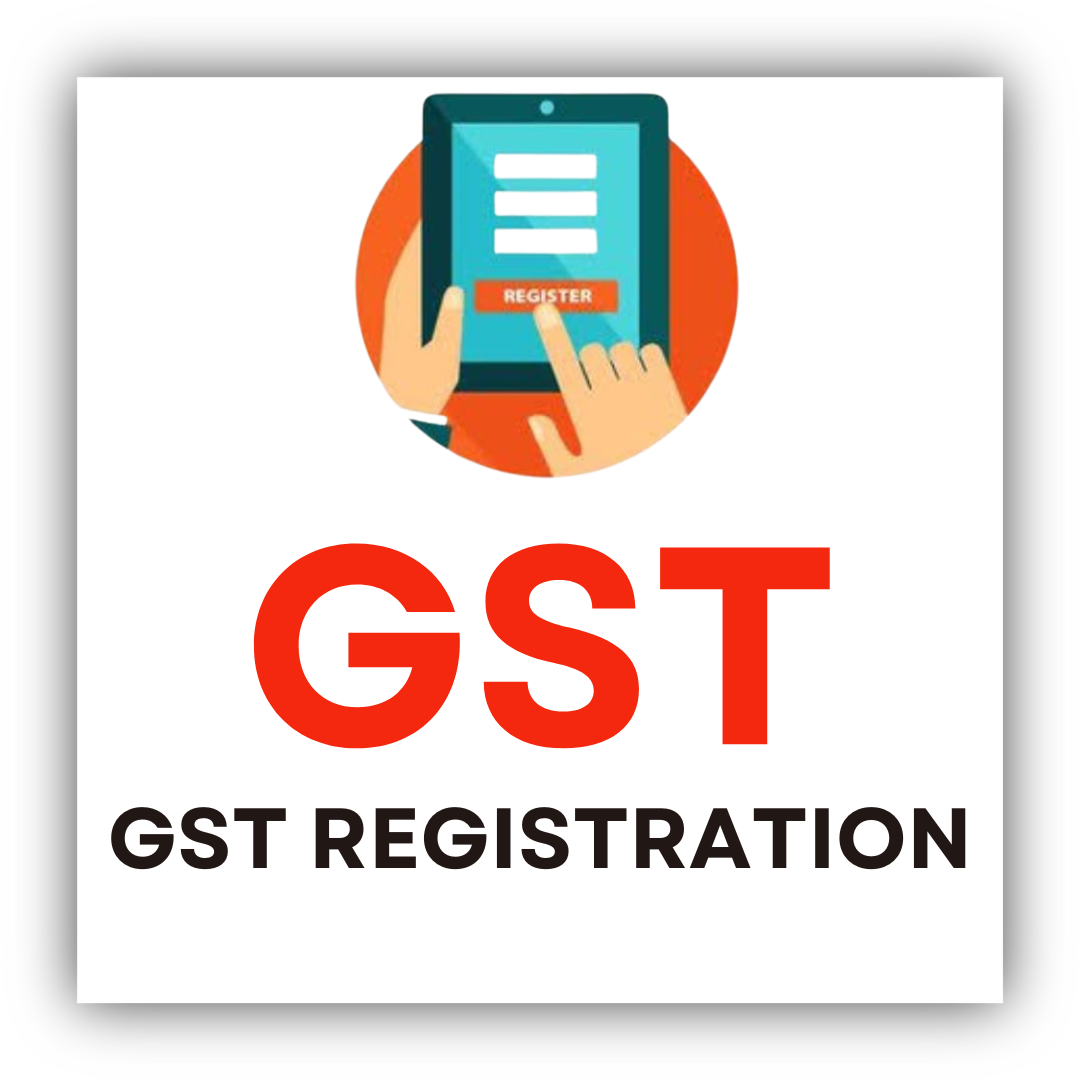
Guide to GST Registration
Introduction Goods and Services Tax (GST) is a unified indirect tax implemented in India that has replaced multiple indirect taxes like VAT, service tax, and excise duty. GST registration is mandatory for businesses crossing a specified turnover threshold and for certain specific categories of businesses. This guide outlines the process, requirements, and benefits of GST registration.
Who Needs GST Registration?
- Businesses with an annual turnover exceeding:
- ₹20 lakh (for services) or ₹40 lakh (for goods) in most states.
- ₹10 lakh (services) or ₹20 lakh (goods) in special category states.
- E-commerce operators.
- Agents and input service distributors.
- Businesses supplying goods inter-state.
- Casual taxable persons and non-resident taxable persons.
- Businesses involved in the supply of goods or services where reverse charge applies.
Documents Required for GST Registration
Proprietorship:
- PAN card and photograph of the proprietor.
- Proof of business address (e.g., rent agreement, utility bill).
Partnership or LLP:
- Partnership deed or incorporation certificate.
- PAN cards and photos of partners.
- Proof of principal place of business.
Private Limited or Public Limited Company:
- Certificate of incorporation.
- PAN card and directors’ details.
- Proof of registered office address.
Additional Documents for All Businesses:
- Bank account statement or a cancelled cheque.
- Authorization letter or board resolution for the authorized signatory.
